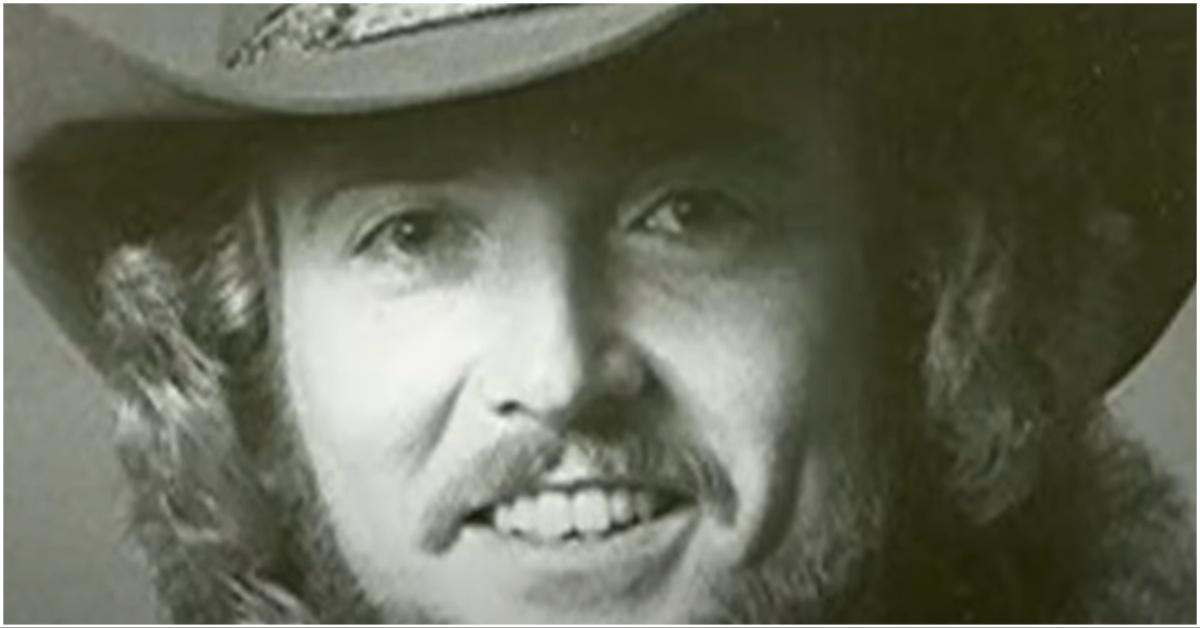What Happened to Keith Whitley: The Painful Truth Behind His Sudden Demise
Keith Whitley was found dead in his home at the age of 34 on May 9, 1989.
Published Oct. 7 2025, 4:04 p.m. ET

The morning of May 9, 1989, began like any other. Keith Whitley made a brief phone call to his mother. His brother-in-law, Lane Palmer, stopped by for coffee. They talked about playing golf and grabbing lunch later that day. Keith mentioned plans to write new songs that afternoon — some for himself, some for his wife, Lorrie Morgan, to record when she got back from tour.
According to the Oct. 14, 1997 issue of the Fort Worth Star-Telegram via Wikipedia, Lane left around 8:30 a.m., telling Keith to be ready to leave within the hour. When he returned, however, he discovered Keith unresponsive in his bed. An ambulance was called. Keith was rushed to the hospital, where he was pronounced dead at just 34 years old.
For a man who had been preparing for a day of music and time with family, it was an ending no one saw coming. More than three decades later, fans and loved ones still struggle with what happened to Keith Whitley.
What happened to Keith Whitley shocked even those who knew he was struggling.
According to the Country Music Hall of Fame, Keith was born July 1, 1954, in Ashland, Ky., and raised in nearby Sandy Hook. By 15, he had joined Ralph Stanley’s Clinch Mountain Boys, showcasing his talent as a bluegrass guitarist and vocalist. After relocating to Nashville in the early 1980s, Keith signed with RCA Records and shifted into mainstream country.
In 1988, his album "Don’t Close Your Eyes" became a breakout success. It produced three No. 1 singles: the title track, "When You Say Nothing at All," and "I’m No Stranger to the Rain." His voice was praised for its emotional weight and classic country phrasing, and many believed he was just hitting his stride.
Unfortunately, Keith’s career success was shadowed by a long battle with alcohol. His drinking habits reportedly began in his teenage years and continued into adulthood. Those closest to him, including Lorrie, were aware of his struggle. According to Taste of Country, those close to him believed he had been trying to stay sober at the time of his passing and were hopeful for his future. This also meant they were blindsided by his sudden passing.
His cause of death was acute alcohol poisoning with a dangerously high BAC.
Keith’s cause of death was ruled acute ethanol intoxication, per The Chicago Tribune via Wikipedia. According to the autopsy conducted by medical examiner Charles Harlan, Keith’s blood alcohol concentration was measured at 0.47 percent — nearly six times the legal driving limit in Tennessee.
The medical examiner concluded that Keith had consumed the equivalent of 20 one-ounce shots of 100-proof alcohol in a short period of time. The report found no other substances in his system that could have contributed to his death.
Though the medical examiner’s credibility was later questioned in unrelated cases, no official challenge has been made to the findings in Keith’s autopsy.
Keith's voice and influence remain a vital part of country music.
After his death, Keith’s final album, "I Wonder Do You Think of Me," was released posthumously in August 1989. The title track and "It Ain’t Nothin’" both reached No. 1 on the Billboard Hot Country Singles chart.
Artists such as Garth Brooks, Alan Jackson, and Chris Young have all cited Keith as an influence.
In 2022, Keith was inducted into the Country Music Hall of Fame, more than three decades after his death. During the ceremony, Chris Young described him as “one of the best country vocalists that ever lived.”
Though his career was brief, the depth of feeling in Keith’s music continues to speak to country music fans. His voice, once stilled too soon, still echoes through speakers, across stages, and in the hearts of those who never stopped listening.

